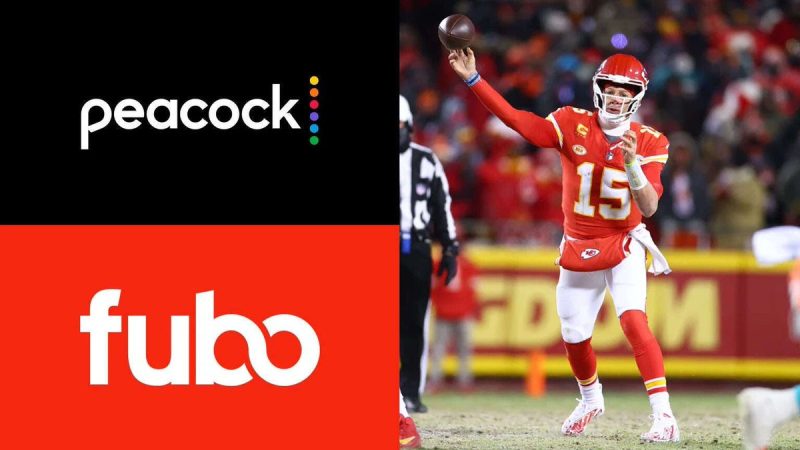In recent years, I have come to find the act of following and engaging in the so-called “world of sports” to often be a troubling and laborious task. These are potentially not the words that one would like to hear born from the pen of a sports editor, but that does not detract from the sad reality that my once sacred and dear pastime has lost its luster in so many ways, becoming a sort of mooring post upon which I now consistently lose my sanity and patience.
The question then is why. Why have I come to see the “world of sports” as so terribly burdensome? While I do not think there is necessarily a singular answer to this question (can one even accurately describe in detail that agonizing and subconscious shift from love to disdain?), I think that the most valid and true response that I could potentially provide would be that sports have undergone a categorical shift in my eyes. For me, sports have long left the category of “leisure activity” and have instead entered one that is typical of America’s late-stage capitalistic society: that of the commodity. In essence, whenever I sit down to watch a game or read an article about my favorite teams, I cannot help but feel I am sinking deeper into that dark abyss and limbo that is the endless exchange and creation of capital that so dominates our real world.
I think what has contributed the most to this change from leisure into commodity has been the advent of this gross new identity that contemporary sports media boasts. Sports media has, in so many ways, metamorphosed into that greedy, materialistic troll who lurks under a bridge, with every streaming network or journalistic website now requiring that you offer some sort of payment in exchange for access to whatever they offer on the proverbial “other side.” Yet even if you produce such a toll, that sought-after “other side” only further attempts to leech you of your money through its unbearable number of advertisements. Each pause in a game, however brief, must be filled by senseless and artistically soulless commercials; each team must bear a scarlet letter on their uniform that outs them as sellouts to some mega-corporation; and each moment of basic reality must be refracted through the phrase “this is brought to you by…” In essence, everything now feels so entangled with monetary consequences, sports media having gone to bed with capitalism and produced a monster where everything is now for purchase.
Likewise contributing to this shift in my categorical perception of sports has been the fact that the flesh and blood of athletes’ bodies have themselves become chained to the very idea of capital, irrevocably becoming a commodity and nothing but. With how large and how public athletes’ contracts have become, how increasingly profound our insights into the nuances and workings of the “free agency market” now are, and how culturally aware we are of the tendency for owners and executive management to treat players like a good (that which is to be rushed out onto shelves when profitable and then inversely thrown back into dark storerooms without a second thought when their “run” is over), I cannot help but get the sense that I am no longer watching individuals take the field. Instead, I now have this guttural feeling that I am simply watching multimillion-dollar products play those sports that I once found bewitching and beautiful, their appearances and actions filtered almost strictly through a monetary lens. For instance, I can never see Shohei Ohtani as a transcendent athlete whose abilities blur the line between the human and the divine, as I rather am forced to view him as a commercial product that is raking in more money than any man should ever be able to.
Finally, I have come to feel that even one’s own thoughts, predictions and insights have become the subject of late capitalism’s rampant commodification, as the sports betting industry has developed a disgusting and distinct ubiquity in recent years. While watching almost every game or while reading any article, I seem to encounter a handful of ads from different betting companies encouraging me to turn my sports knowledge or opinions into real money by placing a wager on a certain outcome, with live betting lines, money-match deals and all sorts of “pick-em” gimmicks being constantly paraded across my screen in a sort of macabre dance of monetary risk. With all this, I simply cannot help but get the feeling that my very consciousness is being goaded into becoming some exchange of capital itself, my very brain becoming infested with some sort of monetarily-driven parasite.
So this then begs the question: What does one do about all this? Is there a chance that I can ever truly get back that which I truly loved, or has my love of sports effectively been condemned to take on the role of ever-elusive Eurydice? I think that the answer is a sad one, as this tragic entanglement with capitalism simply cannot be walked back in my eyes… Companies will not just stop advertising ad-nauseum now that they have gotten a taste of how deeply profitable it is; players will, in all likelihood, not voluntarily opt-in to taking small paychecks; and sportsbooks will only continue to grow the more and more we as a culture indulge in the vice that they offer. In a way, the onus is now on me to change, as I now have to adjust and grow accustomed to this current morose reality or be forever miserable doing what I once loved.






































































































































































































